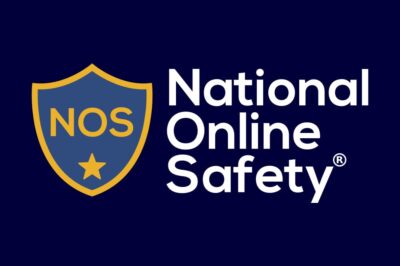
Please find the National College guide for ‘What Parents & Educators Need to Know about Technology Attachment’ below.
Download: What Parents & Educators Need to Know about Technology Attachment [PDF]
Thank you.
More Information
Many young people and children today are deeply attached to their digital devices – often using screens for comfort, connection, and even validation. This attachment can quickly turn into dependency, especially with many apps designed to be habit-forming. Our guide breaks down how and why these connections develop, and the ways in which they might affect children’s behaviour, focus, and emotional resilience.
From disrupted sleep patterns to distorted self-image, the consequences of excessive screen time can be far-reaching. This guide also examines how digital communication may shape friendships and social skills, as well as the hidden risks children and young people face in virtual spaces. With expert insights and practical strategies, it’s a valuable read for anyone supporting children and young people in our digital world.
